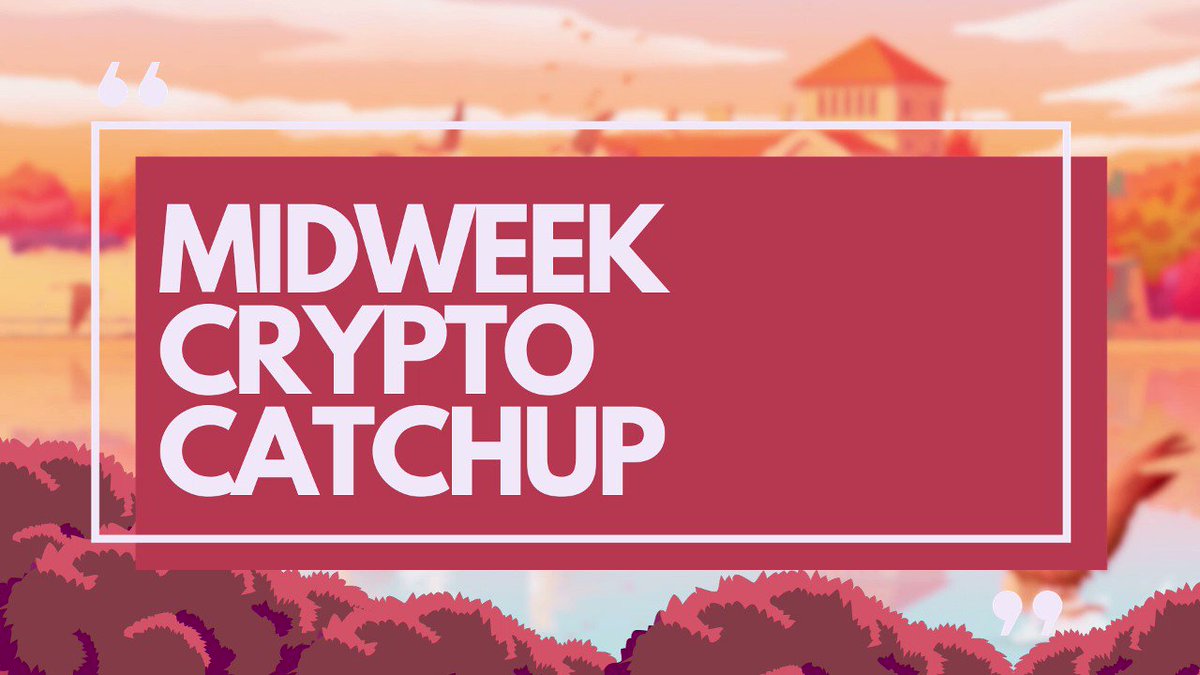
OMGIC: High School Rivalries
A dive into Competition as a strategy to knit communities together.
"Competition and conflict are ironically two things many builders and communities shy away from. Yet, these can be effectively used in creating more closely-knit relationships".

Welcome to OMGIC. Before we dive into today's topic, here's a quick recap video of the week's crypto news.
This is the Crypto Midweek Catchup, enjoy it!
Competition and conflict are ironically two things many builders and communities shy away from. Yet, these can be effectively used in creating more closely-knit relationships.
Community and cult building as a foundation of Web3 culture is one of the more entertaining aspects of this space but often leaves a strong impression. One such negative aspect is a statement many people now know to be untrue.
WAGMI (We're All Gonna Make It) has always come easily from the mouths of Web3 Natives, knowing fully well that we can't all make it.
The nature of the space is very PvP (player vs. player) in the sense that when someone wins, often, someone else loses. While this is often seen as a flaw of Web3, it is more a feature of being human.
Jewellery is valuable because not all can buy it.
Prestigious clubs are esteemed because not all can join.
History is written by the winners and not the defeated.
While this is often seen as a bad thing, I believe it's also why our advantages in different areas are more significant.
Yet, in this space, there have been a few times when communities have been built around rivalries and competition. It almost doesn't matter if the rivalry or conflict is friendly or hostile, real or imagined.

St. Gregory's College, SW Ikoyi, Lagos, is a Catholic school in Nigeria. Along with King's College and a few other schools known as First Generation schools, in their prime, these schools entertained the city of Lagos with intense and sometimes fierce sports rivalries. Yet, these schools regularly invited each other to various competitions, from spelling bees to chess to football to athletics.
On many of these occasions, my Alma Mater won these competitions (although I contributed very little).
One result of these constant competitions was a sense of camaraderie that formed between us boys whenever we prepared for competitions, helped our representatives prepare, showed support by showing up to make noise when our boys played, and fought if needed. We lost, felt defeated, and won, but these competitions, which lasted through multiple generations with no less intensity, caused these first-generation schools to maintain strong alumni associations.
Another result was an even larger community of boys from different schools with shared experiences that formed strong bonds beyond the walls of each school.
Not every collaboration has to be an exchange of whitelists.
A community doesn't have to be built on good things that last forever. They can be formed through something less comfortable. The effort and hard work of even friendly competition is an underused tool for building communities.
By working toward a common goal, you create communities, driven by a shared desire to win.
That concludes today's newsletter, I hope you enjoyed reading it as much as I enjoyed putting it together.
But also take it with you!
Create friendly competition within and outside your community.
Engineer challenges that create tension and spur a desire to win.
Make use of casual games of all kinds: Chess, Big Time, Kart games and so on.
Form sub-communities and incentivize participation.
Share quotes, analogies and ideas from this newsletter ;)
If you haven't already, subscribe and share this, who knows, I might start a competition that you don't want to miss.




 3
3

OMGIC: High School Rivalries "in this space, there have been a few times when communities have been built around rivalries and competition. It almost doesn't matter if the rivalry or conflict is friendly or hostile, real or imagined".